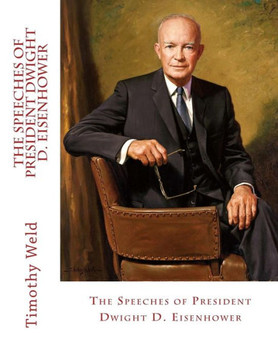
University Press of Kansas
Dwight D. Eisenhower and the Federal Highway ACT
Product Code:
9780700636006
ISBN13:
9780700636006
Condition:
New
$96.57

Dwight D. Eisenhower and the Federal Highway ACT
$96.57
On June 29, 1956, President Eisenhower signed into law the Federal Highway Aid Act, the largest public works project in American history. Given the hurdles Eisenhower faced at every stage of the project's development, his decision to support it is quite surprising. Among numerous other challenges, Eisenhower's decision to support this unprecedented expansion of federal power had required him to break from the tradition of his own Republican Party, which had consistently opposed similar public works programs when New Dealers had pursued them in the 1930s and 40s. Years later, Eisenhower's support for highway expansion and other big-government programs served as a rallying cry for conservatives like Barry Goldwater, who saw the Republican Party as having failed to offer a clear small-government alternative to the New Deal. Why did Eisenhower decide to advocate for such a controversial measure, and why did he persist in defending it in the face of so many setbacks and such forceful opposition from his own party? More broadly, what considerations went into his decision to pursue the largest expansion of federal infrastructure in American history, a decision that contradicted his own party's political philosophy and helped redefine the national government's role in the American constitutional order? Charles Zug pursue these questions through a sensitive historical analysis of the dynamics underlying Eisenhower's decision to campaign for the 1956 Federal Highway Act--
| Author: Charles U. Zug |
| Publisher: University Press of Kansas |
| Publication Date: Jan 26, 2024 |
| Number of Pages: NA pages |
| Language: English |
| Binding: Hardcover |
| ISBN-10: 0700636005 |
| ISBN-13: 9780700636006 |





